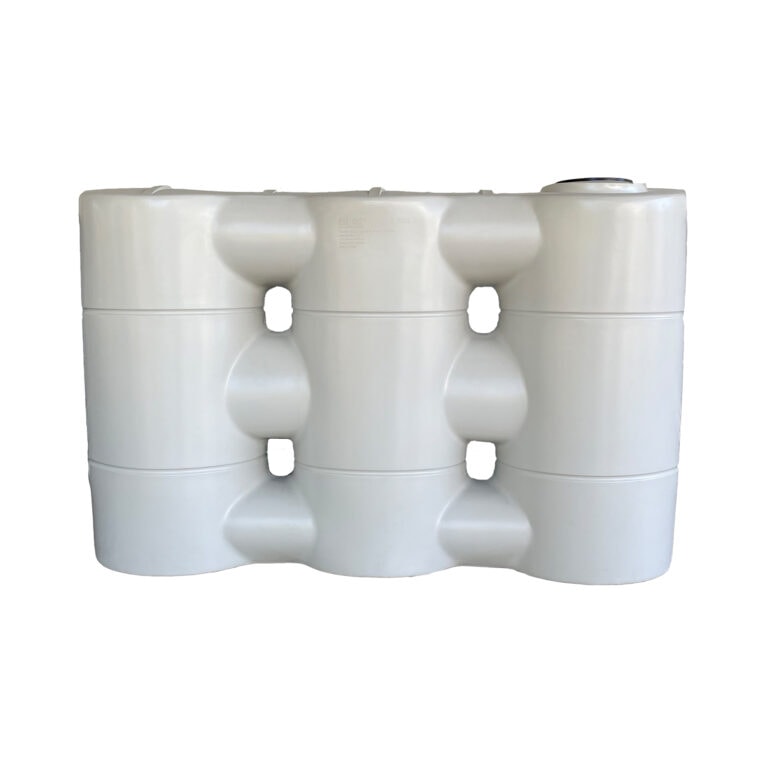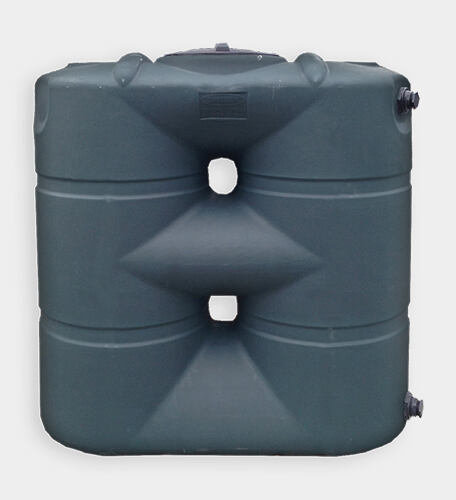Reputable Slimline Water Tanks: Optimize Your Water Storage Capability
Reputable Slimline Water Tanks: Optimize Your Water Storage Capability
Blog Article
Exploring the Different Uses Rain Containers for Residential and Commercial Characteristics
As the international emphasis on sustainable living practices proceeds to increase, the utilization of rain containers in both residential and industrial setups has actually arised as a significant service. The complex uses of rain tanks present an engaging situation for their fostering, not just as a functional water-saving action but likewise as a testimony to responsible source monitoring.
Benefits of Making Use Of Rainwater Storage Tanks
Using rainwater containers uses many advantages for both families and communities in regards to water conservation and sustainability. Among the essential benefits of utilizing rainwater storage tanks is the significant decrease in reliance on keys supply of water - Slimline water tanks. By capturing and storing rain for later usage, individuals and areas can lower their demand for cured water, ultimately alleviating the burden on water treatment facilities and decreasing energy consumption related to water transportation and therapy
In addition, rain collecting with tanks gives a dependable alternate water source during times of water limitations or shortages. This saved rainwater can be made use of for different non-potable purposes such as watering, flushing toilets, and cleaning clothing, minimizing the pressure on typical water resources. Furthermore, using rainwater tanks can bring about cost financial savings for both homes and neighborhoods by lowering water costs and decreasing the need for expensive facilities developments to satisfy expanding water needs.
In significance, the application of rainwater containers uses a lasting and eco-friendly method to water administration, benefiting both private users and the wider area in terms of water preservation, cost-efficiency, and durability.
Rainwater Container Usage in Watering
Given the advantages of rain tanks in conserving water sources and decreasing reliance on keys water, a considerable application hinges on making use of stored rainwater for watering functions - Slimline water tanks. Rainwater harvesting systems can successfully collect and save rainwater, offering a sustainable water resource for sprinkling yards, yards, and farming fields. By utilizing rain for irrigation, homeowner can minimize their dependence on cured water sources, leading to set you back savings and environmental benefits

One of the key advantages of making use of rainwater for watering is its pureness. Rain is naturally soft and devoid of the chemicals and ingredients commonly located in keys water, making it optimal for beneficial plants without the risk of damaging effects. Additionally, rainwater is at ambient temperature level, which can profit plant development by staying clear of temperature shocks that can occur with cold keys water.
Rainwater Tanks for Toilet Flushing

Implementing rainwater storage tanks for bathroom flushing is a cost-effective and eco friendly practice that can be quickly incorporated into both household and business homes. The kept rainwater can be utilized to flush bathrooms by connecting the container to the existing pipes system. This simple yet efficient remedy can substantially decrease water intake their explanation in a building, especially in areas where water shortage is a problem.

Integrating Rainwater Tanks in Landscape Design
A reliable approach for boosting sustainability in landscape design includes integrating rain containers to enhance water usage and promote eco-friendly techniques - important source Slimline water tanks. Including rainwater tanks in landscape design supplies many benefits for both residential and business buildings. These storage tanks can record and keep rainwater runoff from roofing systems, which can after that be used for watering gardens, yards, and plants. By using rainwater for irrigation objectives, homeowner can lower their dependence on community water resources, causing set you back savings and preservation of precious water sources.
In enhancement to providing a sustainable water source for landscape design needs, rain tanks can likewise aid in managing stormwater like this overflow. By recording rainwater that would or else flow into tornado drains pipes, these tanks can alleviate disintegration, decrease flooding dangers, and protect against pollution of natural water bodies. Integrating rain containers in landscaping can contribute to the overall aesthetic charm of the residential property, showcasing a dedication to ecological stewardship.
Commercial Applications of Rainwater Tanks
Using rainwater storage tanks in industrial setups uses a lasting remedy for water monitoring and preservation, profiting organizations and the environment alike. Commercial applications of rain containers vary and significantly preferred as a result of the price financial savings and ecological benefits they supply. One crucial industrial usage is for watering functions, where gathered rainwater can be used to water landscaping, yards, and farming areas surrounding industrial residential properties. This can cause considerable reductions in water bills and dependence on metropolitan water sources.
Additionally, rainwater accumulated in tanks can be treated and utilized for non-potable objectives within commercial homes, such as flushing commodes, cleansing, and cooling down systems. Overall, the consolidation of rain containers in industrial setups offers a practical and environmentally accountable technique to water monitoring.
Verdict
From irrigation to toilet flushing and landscape design, the usage of rainwater tanks can aid save water resources and reduce water costs. On the whole, the adaptability and sustainability of rainwater tanks make them a beneficial financial investment for any type of residential or commercial property owner looking to raise water effectiveness.
Report this page